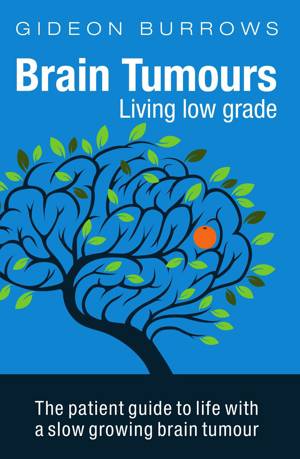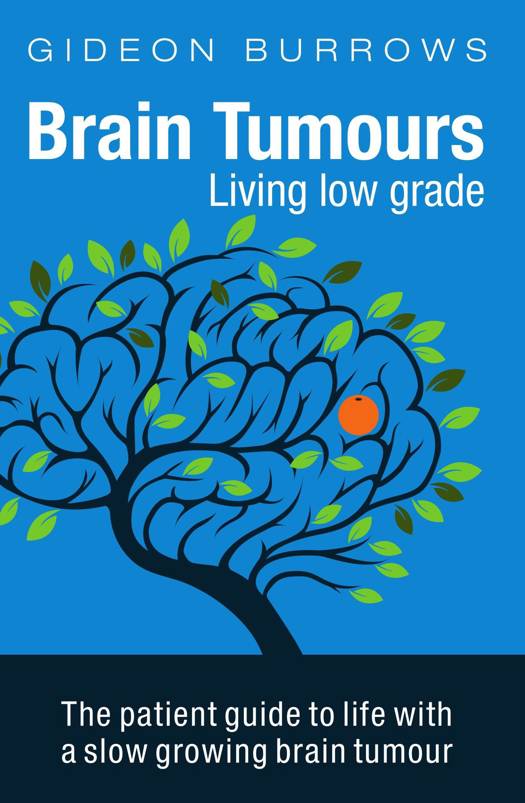
- Retrait gratuit dans votre magasin Club
- 7.000.000 titres dans notre catalogue
- Payer en toute sécurité
- Toujours un magasin près de chez vous
- Retrait gratuit dans votre magasin Club
- 7.000.000 titres dans notre catalogue
- Payer en toute sécurité
- Toujours un magasin près de chez vous
Description
Slow growing brain tumours change lives forever.
This readable and moving non-technical guide is about living with a low grade tumour, a diagnosis given to thousands of people every year.
Featuring dozens of personal testimonies from those dealing daily with the impact of their tumours, this book offers information, support and reassurance for those with a low grade brain tumour, their family and friends.
Father of two Gideon Burrows was told he had an incurable and inoperable low grade glioma brain tumour aged just 35. He discovered information was scarce for those with slow growing brain tumours and about the particular challenges patients like him face.
In this book, he shares his own experiences and those of many others as they came to understand their diagnosis and learned how to live low grade.
Chapters:
In it for the long haul,
Symptoms and signs,
Life challenges,
Family and friends,
Getting medical,
Treatment,
Prognosis,
Reasons to be cheerful,
Resources.
An informative, easy-to-read, engaging and understandable book about living with a low grade brain tumour. Peppered with range of real-life experiences from different people as well as Gideon's own story. Highly recommended for those living with a low grade brain tumour, but also other brain tumour patients, carers, family and friends to help understand what a loved one is going through and the journey ahead. --Sarah Lindsell, Chief Executive, The Brain Tumour Charity
For too long low grades have been the Cinderella of brain tumours. Not any more. For the first time these quietly dangerous tumours have been put under the spotlight. With real understanding, Gideon captures the very wearing toll that living with a low grade tumour creates. But he counters it with humour and optimism without compromising honesty. This book is a must-read for anyone living with a low grade brain tumour as a patient, carer or friend. --Helen Bulbeck, Director, brainstrust
This book is an important addition to the increasing library of works being published by outstanding individuals living with brain tumours and impassioned to do something to help others. We congratulate Gideon on his efforts and would encourage anyone diagnosed with a low grade brain tumour to read this valuable account of his experiences. --Sue Farrington Smith, Director, Brain Tumour Research
Spécifications
Parties prenantes
- Auteur(s) :
- Editeur:
Contenu
- Langue:
- Anglais
Caractéristiques
- EAN:
- 9781393169284
- Date de parution :
- 14-03-13
- Format:
- Ebook
- Protection digitale:
- /
- Format numérique:
- ePub







